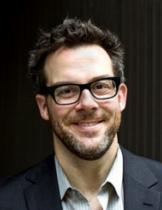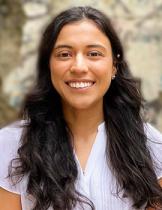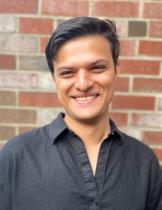Crime, violence et conflits
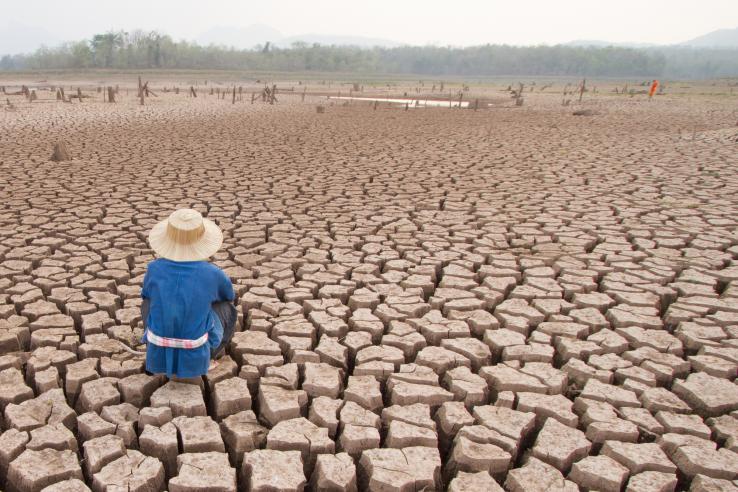
File: Policy publication
Exploring the Intersections Between Climate, Governance & Conflict: GCCI Evidence Review
How do governance and conflict dynamics interact with climate change? What interventions can we invest in beyond mitigation to help manage the impacts of the climate crisis on governance and conflict? In this brief, we provide an overview of the theoretical frameworks and (quasi-) experimental...
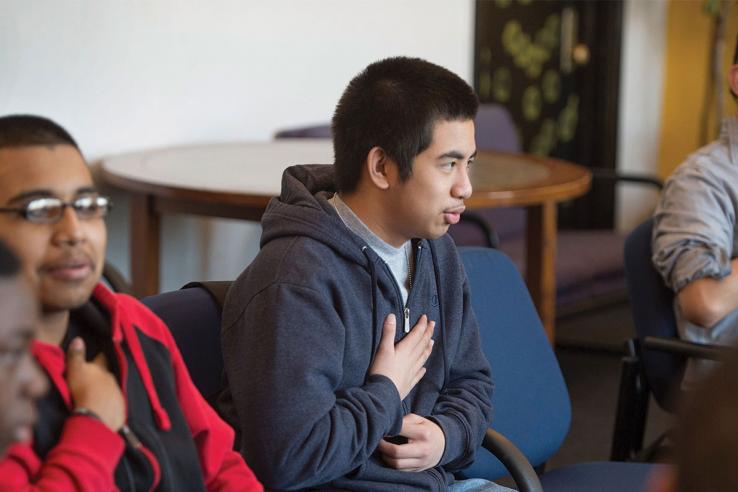
Policy insight
Preventing crime and violence with behavior change techniques
Crime and violence prevention programs that draw on behavior change techniques to address cognitive biases in decision-making have been effective in reducing criminal, violent, and antisocial behaviors. These generally low-cost interventions may help participants enhance their emotional regulation...
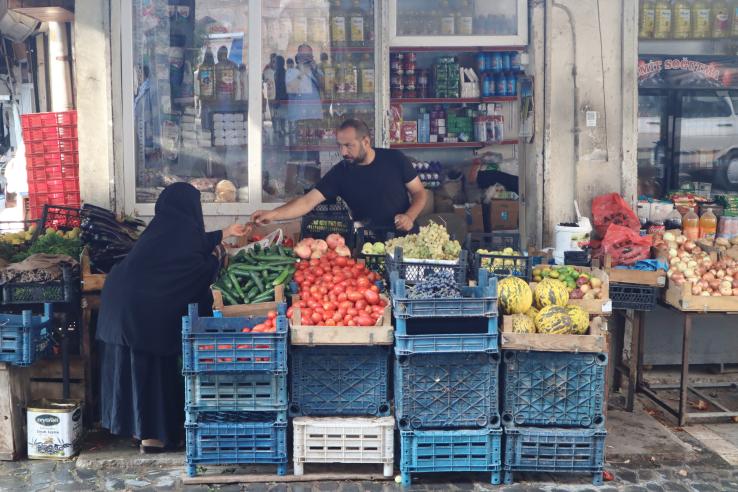
Evaluation
Digital Delivery of Humanitarian Aid to Improve Food Security of Women in Afghanistan
Researchers evaluated a program delivering digital aid payments on food security and mental well-being for vulnerable female-headed households in Afghanistan. Digital payments led to improved food security and mental well-being for beneficiaries. Digital delivery of aid was also cost-effective and...
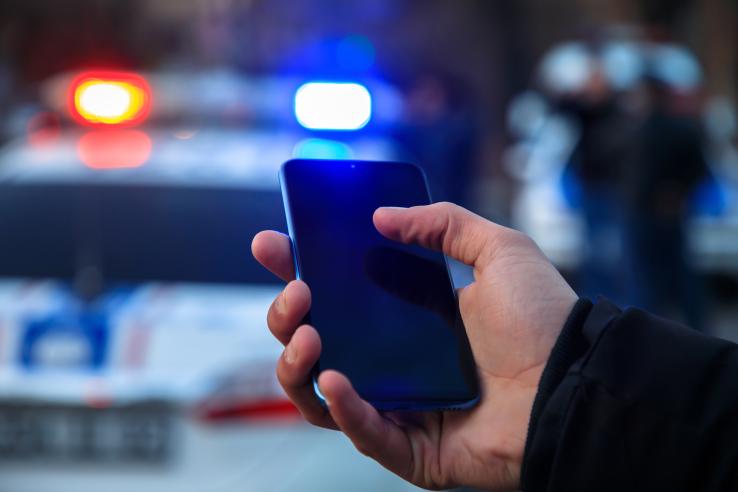
Evaluation
The Impact of Informational Interventions about Police Alternatives on Police Reliance in the United States
Researchers conducted a randomized evaluation to test the impact of providing information about police alternatives on individuals' reported likelihood of calling the police and a follow-up randomized evaluation to understand key public-safety stakeholders’ receptiveness of police alternatives. The...
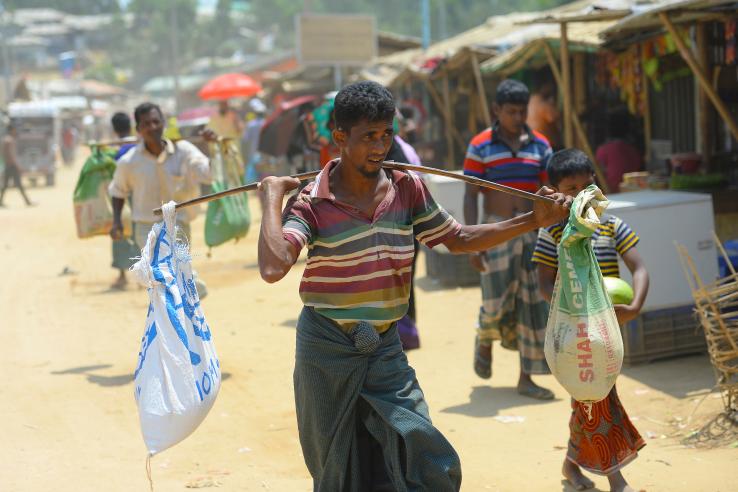
Evaluation
The Impact of Employment and Cash Transfers on Psychosocial Wellbeing in Bangladesh
Researchers conducted a randomized evaluation to test the impact of employment on refugee psychosocial well-being in Bangladesh. The study found that employment generated significant psychosocial value beyond that from cash transfers alone.
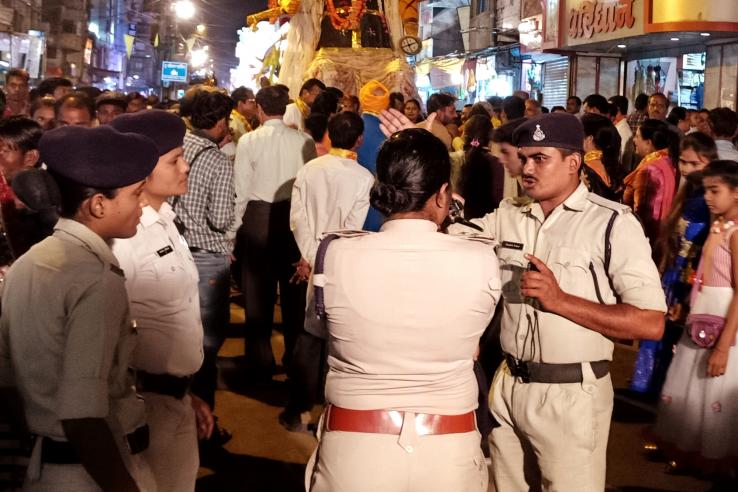
Evaluation
Street Police Patrolling Effects To Reduce Crime Against Women in Public Spaces in India
In partnership with the Hyderabad City Police (HCP), researchers conducted a randomized evaluation to test the impact of a police patrolling program aimed at improving women’s safety on the frequency of sexual harassment and women’s freedom to move around in public spaces. The presence of uniformed...
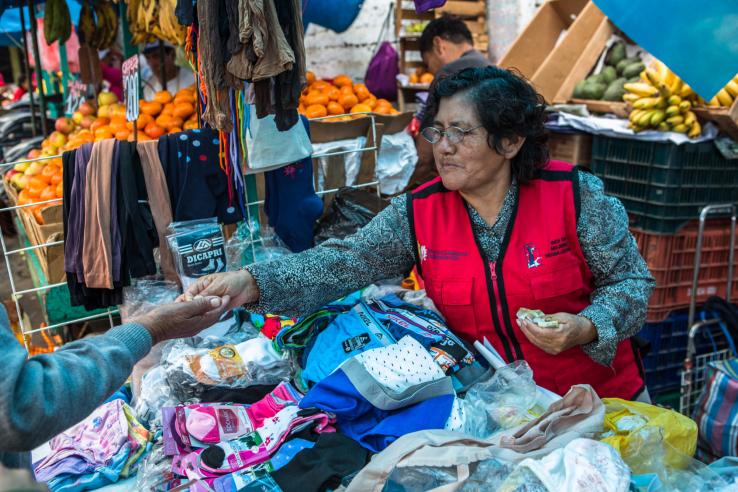
Policy insight
The impacts of economic interventions on intimate partner violence
An estimated one in every three women worldwide has suffered physical or sexual violence by an intimate partner in her lifetime. Achieving gender equality and eliminating violence against women are major global development goals. One popular strategy to reduce IPV is to increase women’s access to...
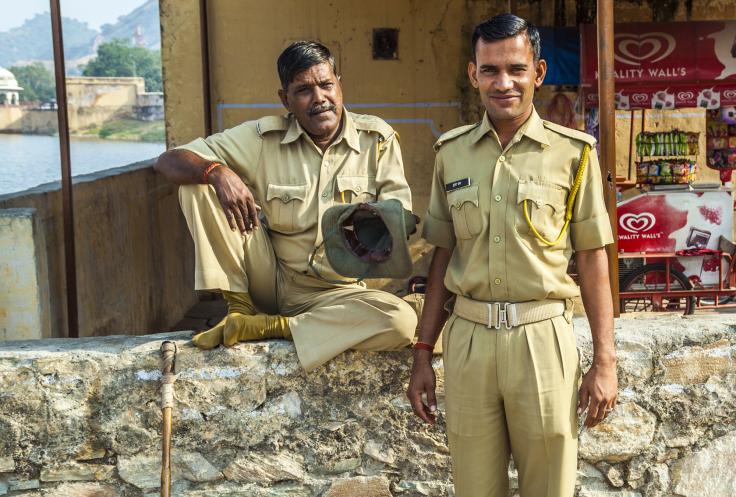
In the news
Governance, Crime, and Conflict Initiative Evidence Wrap-up
What are the most promising strategies for reducing crime, violence, and conflict? The past decade has seen a dramatic expansion in the experimental literature designed to help answer this question. Moving beyond evaluations of individual programs, these studies seek to advance our understanding...
